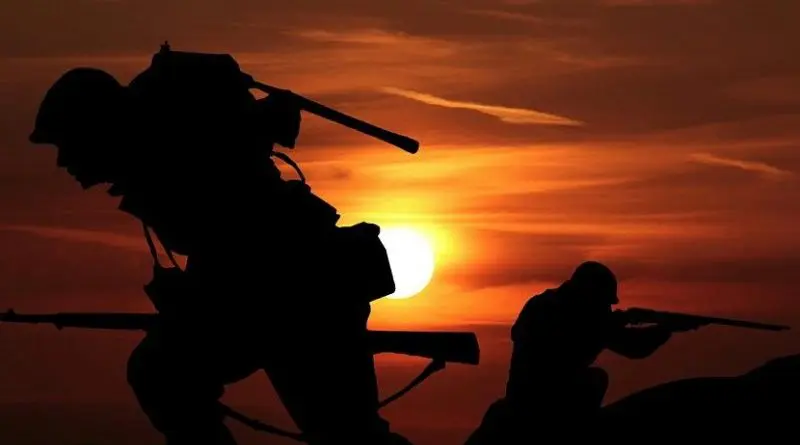Why Can’t MHA Think Straight On Intelligence Reforms? – Analysis
Even with the unresolved and practically forsaken project of setting up the National Counter Terrorism Centre (NCTC), India’s new Home Minister Sushil Kumar Shinde has started airing his views in favour of a new cadre of intelligence services. Although his ideas appear to be still in the formative stage, what has been expressed so far denote a familiar approach to internal security, i.e. embarking on projects that add new layers without bothering to address the flaws of the existing ones. And needless to say, such projects, apart from providing employment opportunities, contribute little to strengthening the internal security apparatus.
Shinde was reported to have made a case for a new layer in the state police departments for intelligence collection. His logic: “Since officials and staff for intelligence agencies come from the police forces, they are easily identifiable. Hence, we need a separate force for intelligence gathering.” The proposal could involve a Centrally funded initiative for the state police forces to recruit personnel for the sole purpose of intelligence collection, thereby bringing to a halt the past practice of doubling up police constables as intelligence gatherers. Interestingly, Shinde was speaking in response to a question regarding increasing the Intelligence Bureau (IB)’s manpower.
In principle, one can have little difference with the idea of a cadre of intelligence services. The practice of using police personnel, burdened with the task of maintaining law and order and VIP security, to collect intelligence has been a complete failure. The Special Branch of state police has been the smallest unit of the set-up and is clearly inadequate in terms of manpower as well as budget to achieve its targets. The failures have been the most glaring both in the areas affected by Naxalism and also the urban centres that have been periodically affected by terrorism.
However, the question remains whether these corrective measures at beefing up intelligence gathering can’t be addressed by strengthening the existing institutions themselves. Given that the IB’s operatives are wholly devoted to collecting intelligence, won’t it be a more workable idea to strengthen the agency rather than set up a whole new cadre, thereby raising the spectre of coordination problems? And, more importantly, won’t the problems that affect the IB’s operational success, mar the new intelligence set-up?
Let us focus on the IB’s problems. To begin with, the agency runs a 20 per cent shortage in its manpower. In spite of the belated attempts at beefing up its strength at the levels of the field-level officers, the recruitment drives have failed to attract sufficiently qualified and intelligent men. Low salary, poorly crafted professional progression scheme within the agency and a dodgy existence makes the IB profession an unattractive career option. Media reports detail how only half of the short-listed candidates show up for the entrance examination. As a result, India’s premier domestic intelligence agency struggles with an intelligence officer to population ratio of 1:40,000. The IB manages its operation for the entire country with a paltry strength of only 5,000 field-level officers.
Much more than the problem of manpower, the organisation continues to be undermined by its political misuse. The agency is predominantly tasked to collect political intelligence to be used by the ruling parties. It is no surprise that while the IB has excelled in becoming an effective tool at the hands of the ruling party, its contribution to preventing terror attack is in a state of perennial decline.
There is no reason to believe that the new intelligence services cadre will not encounter similar difficulty in recruitment and also its possible degeneration into an instrument for political use. Unless due care is taken to make the new cadre an attractive career option and to erect safety measures to prevent the rather swift corruption of its mandate, we are essentially heading towards replicating the IB with its present ills all over the country—a useless and worrisome exercise indeed.
The alternative is reforming the IB, increasing its manpower, restructuring it to reflect the needs of the time and liberating it from the political clutches that inhibit its independent functioning. Internal resistance from the IB too has played a role in putting a halt to the project of intelligence reforms. With its decades-long existence, the IB has gained tremendous clout to successfully resist any attempt that is seen as a erosion of its authority. This, however, is a comparatively lesser problem to tackle than the systemic politicisation of the agency by the ruling party.
Shinde’s project, thus, is taking the easier route—adding to the mess rather than trying to clear up.
This article appeared in The New Indian Express and is reprinted with permission.

